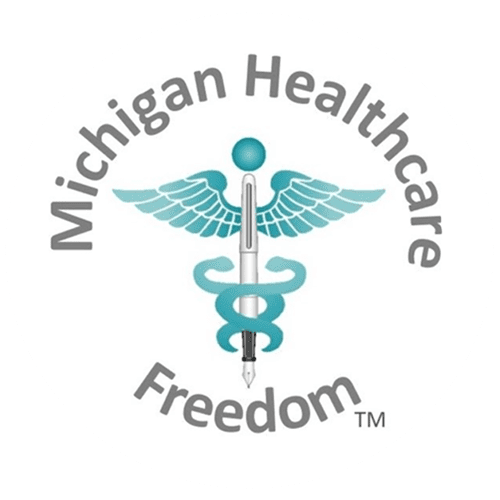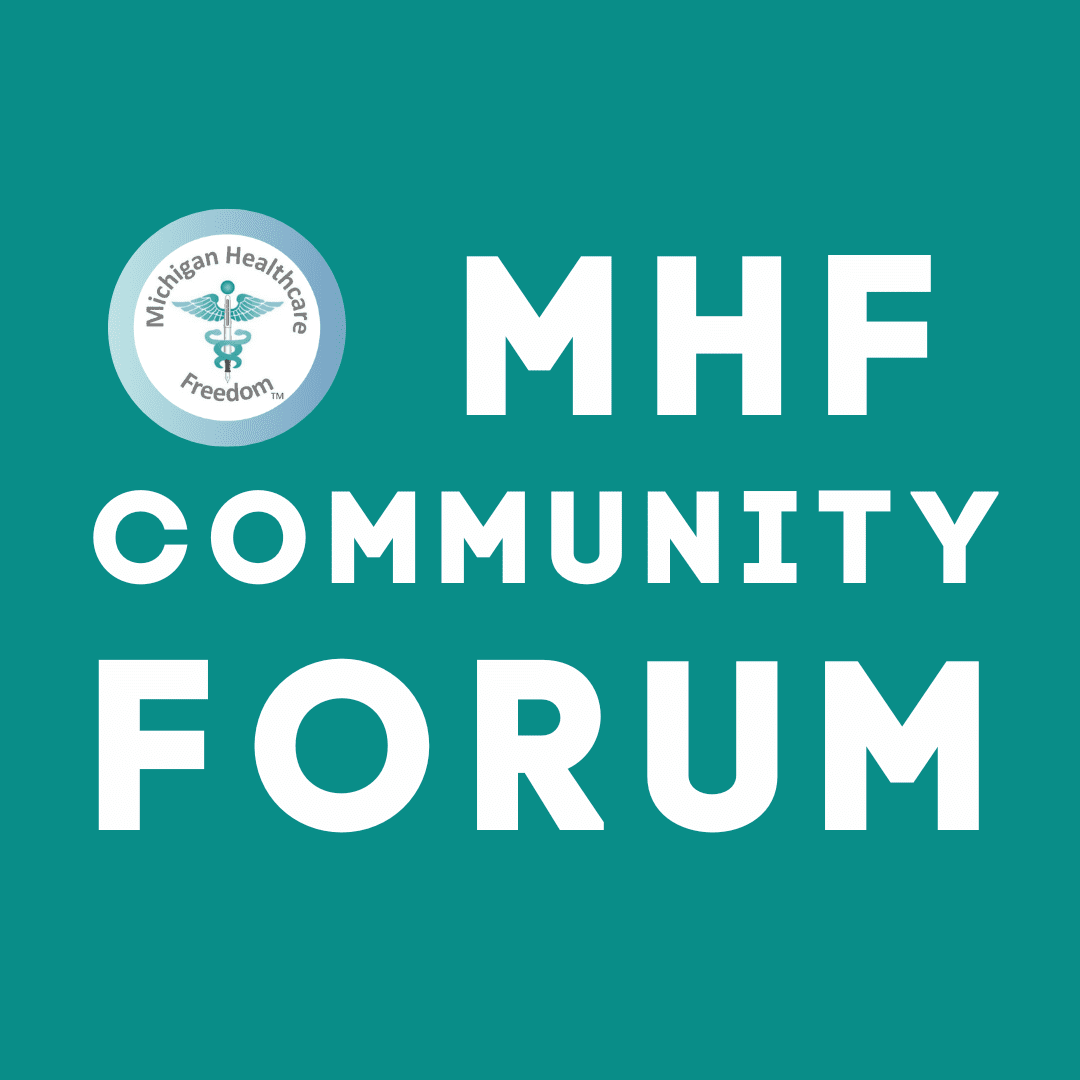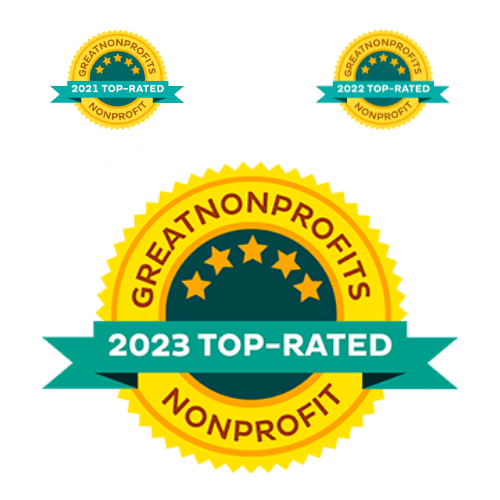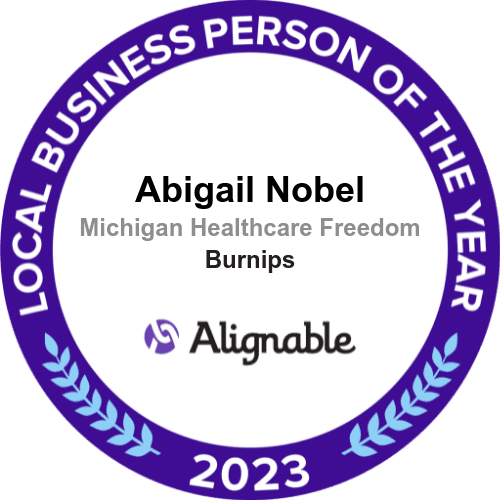
NPR's lead story this morning bemoans the physician shortage developing across America and its severest consequences for the poorest Americans who have to patronize Federally Qualified Health Centers. FQHCs are short staffed and their doctors are being poached by more profitable institutions. The FQHCs are suffering staggering losses which are not being adequately reimbursed.
The surging health care demands of an illegal immigrant population which is increasing by 8 - 12 million (this year alone) - alluded to by NPR's coverage of the health care needs of one Columbian immigrant - will further diminish physician availability. The communists at NPR and the Kaiser Family Foundation (KFF) won't directly address the burgeoning health care demands of illegal immigrants, but it is the leading cause of health care shortages today. No one is willing to acknowledge the costs of illegal immigration, one of which is government funded free health care. This particular illegal immigration cost falls squarely on the shoulders of the very poorest Michiganders.
Michigan has not experienced the full effects of the physician shortage yet because our population is stagnant or declining, but the composition of our population is shifting, with more new immigrants requiring more health care than the young adults abandoning our state. Already, the Michigan Health & Hospital Association reports a 27,000 health care worker shortage exists in Michigan. HB 4550 will mandate maximum patient-to-nursing staff ratios for hospitals, making the availability of health care even worse. Eventually, Michigan will experience the collapse of health care occurring in states with surging populations.
More patients are losing their doctors – and their trust in the primary care system
By Lynn Arditi - December 22, 2023First, her favorite doctor in Providence, R.I. retired. Then her other doctor, at a health center a few miles away, left the practice. Now, Piedad Fred has developed a new chronic condition: distrust in the American medical system.
"I don't know,'' she said, eyes filling up. "To go to a doctor that doesn't know who you are? That doesn't know what allergies you have, the medicines that make you feel bad? It's difficult...I know that I feel cheated, sad, and like I have my hands tied.''
At 71, she has never been vaccinated against COVID-19. She no longer gets an annual flu shot. And she hasn't even considered whether to be vaccinated against the respiratory syncytial virus, or RSV, even though her age and asthma put her at higher risk of severe infection.
"It's not that I don't believe in vaccines,'' Fred, a Colombian immigrant, said in Spanish, at her home one morning last fall. "It's just that I don't have faith in doctors.''
The loss of a trusted doctor is never easy. But it's an experience that is increasingly common.
The stress of the pandemic drove a lot of health care workers to retire or quit. Now, a nationwide shortage of doctors and other professionals who provide primary care is making it hard to find replacements. And as patients are shuffled from one provider to the next, it's eroding their trust in the health system.
The American Medical Association's president, Dr. Jesse M. Ehrenfeld recently called the physician shortage a "public health crisis."
"It's an urgent crisis, hitting every corner of this country – urban and rural,'' Ehrenfeld told reporters at a press conference in October, "with the most direct impact hitting families with high needs and limited means.''
In Fred's home state of Rhode Island, the percentage of residents without a regular source of routine health care increased from 2021 to 2022, though Rhode Islanders still do better than most of the country.
Hispanic residents and those with less than a high school education are less likely to have a source of routine health care, according to the nonprofit Rhode Island Foundation.
Workforce shortages stir labor unrest
The community health centers known as federally qualified health centers (FQHCs) are the medical safety net of last resort, serving the uninsured, the underinsured and other vulnerable people.
There are more than 1,400 community health centers nationwide, and 67% of them lost between 5% and 25% of their workforce during a six-month period in 2022, according to a report by the National Association of Community Health Centers.
Another 15% of FQHCs reported workforce attrition rates of 25% to 50%. And it's not just doctors: the most severe shortage, the survey found, was among nurses.
In a domino effect, the shortage of such clinicians has placed additional burdens on support staffers such as medical assistants and other unlicensed workers.
Their extra tasks include "sterilizing equipment, keeping more logs, keeping more paperwork, working with larger patient loads,'' said Jesse Martin, executive vice president of the Service Employees International Union 1199 New England.
"When you add that work to the same eight hours worth of a day's work you can't get everything done," Martin added.
Last October, scores of SEIU members who work at Providence Community Health Centers, Rhode Island's largest FQHC, held an informational picket outside the clinics, demanding improvements in staffing, work schedules and wages.
A spokesman for PCHC, Brett Davey, declined to comment.
This staff discontent has rippled through community health care centers across the country.
In Chicago, workers at three health clinics held a two-day strike in November, demanding higher pay, benefits and a smaller workload.
At Unity Health Care, the largest federally qualified health center in D.C., doctors and other medical providers voted to unionize just before Thanksgiving, saying that they are being forced to prioritize patient volume over quality of care, leading to burnout and turnover.
Fewer providers for more patients
The staffing shortages come as community health centers are caring for more patients. The number of people served by community health centers between 2015 and 2022 increased by 24% nationally, and by 32.6% in Rhode Island, according to the Rhode Island Health Center Association (RIHCA).
"As private practices close or get smaller, we are seeing patient demand go up at the health centers,'' said Elena Nicolella, RIHCA's president and CEO. "Now with the workforce challenges, it's very difficult to meet that patient demand."
In Rhode Island, community health centers in 2022 served about 1 in 5 residents – more than twice the national average of 1 in 11 people, according to RIHCA.
Job vacancy rates at Rhode Island's community health centers are 21% for physicians, 18% for physician assistants and nurse practitioners, and 10% for registered nurses, according to six of the state's eight health centers that responded to a survey conducted by the RIHCA for The Public's Radio and NPR.
Pediatricians are also in short supply. Last year, 15 pediatricians left staff positions at the health centers, and 7 of them have yet to be replaced.
Research shows some of the biggest drivers of burnout are workload and job demands.
Community health centers tend to attract clinicians who are mission-driven, said Nelly Burdette, who spent years working in health centers before becoming a senior director of the nonprofit Care Transformation Collaborative of Rhode Island.
These clinicians often want to "give back" to the community, she said, and are motivated to practice "a kind of medicine that is maybe less corporate,'' and through which they can they develop close relationships with patients and within multigenerational families.
So when workplace pressures make it harder for these clinicians to meet their patients' needs, they are even more likely to burn out, Burdette explained.
Urgent care visits instead of primary care
When a doctor quits or retires, Dr. Carla Martin often gets called to fill in. The week before Thanksgiving, she was filling in at two urgent care clinics in Providence.
"We're seeing a lot of people coming in for things that are really primary care issues, not urgent care issues,'' Martin said, "just because it's really hard to get appointments.''
One patient recently came to urgent care asking for a refill of her asthma medication.
"She said, I ran out of my asthma medicine, I can't get a hold of my PCP for refill, I keep calling, I can't get through,'' Martin said.
Stories like that worry Christopher F. Koller, president of the Milbank Memorial Fund, a nonprofit philanthropy focused on health policy.
"When people say 'I can't get an appointment with my doctor,' that means they don't have a usual source of care anymore,'' Koller said.
Koller points to research showing that having a consistent relationship with a doctor or other primary care clinician is associated with improvements in overall health and fewer emergency room visits.
A primary loss of trust
When that relationship is broken, patients can lose trust in their health care providers.
That's how it felt to Piedad Fred, the Columbian immigrant who stopped getting vaccinated.
Fred used to go to a community health center in Rhode Island, but accessing care there began to feel really frustrating.
She described making repeated phone calls for a same-day appointment, only to be told that none were available, try again tomorrow.
She recalled how after one visit, one of her prescriptions never made it to the pharmacy.
And there was another time when she waited 40 minutes in the exam room to consult with a physician assistant — who then said she couldn't give her a cortisone shot for her knee, like her doctor used to do.
Fred says that she won't be going back.
So what will she do the next time she gets sick or injured and needs medical care?
"Bueno, será ir a un hospital."
"Well, I'll be going to a hospital."
But experts warn that more people crowding into hospital emergency rooms will only further strain on the health system, and the people who work there.
FQHCs join the British NHS, the Canadian Provincial HS, and our own VA, as living lessons on government care.
Big on promises, small on delivery, and beyond imagining in costs.
Especially in sucking the life from patient-clinician relationships.
This opinion piece reveals how the system has become its own worst enemy.
I can't even imagine qualifying for Harvard med school, making it through 4 years, and deciding to exit.
Thank goodness for organizations like DPC and BRI who nurture the souls trying to give healthcare. Without sustainability - a healthy supply line - we're sunk.
Emphasis mine.
https://www.medpagetoday.com/opinion/second-opinions/107692
Pursuing My Passions: Why I Didn't Do Residency After Medical School
— Deciding how to spend my time has been exciting ... and daunting
Whether from family, friends, or strangers, this is by far the most common question I've been asked in the past year. This decision, which I made at the end of my third year at Harvard Medical School, was not something I took lightly. After much reflection and deliberation, I realized that clinical medicine was not the right path for me.
Ultimately, my biggest deciding factor was how I felt during clinical rotations. Most days, I looked forward to going home and felt dread about going in the next day. Experiencing these feelings day after day gave me pause, so I set out to dissect where they were coming from.
There were certainly elements of the day that brought me up, such as learning from the team, interacting with patients, and presenting on rounds. Reflecting on the elements that brought me down, I felt sadness for my patients' health, particularly when it seemed their condition could not be cured or treated effectively; disappointment over the influence of insurance coverage in determining which treatments patients received; frustration at the amount of documentation, which seemed to take precedence over time spent with patients; and discouraged by the overall environment where it seemed hospital personnel did not feel valued or happy to be there.
The elements that pulled me down unfortunately eclipsed the elements that lifted me up. Consistently experiencing this feeling, especially as a highly positive and optimistic person, became too much. I felt there were two options: continue in clinical medicine and desensitize myself to what weighed me down, or walk away. This decision was both professional and personal, as I am surrounded by many family and friends who find enjoyment and fulfillment in their medical careers. Though I too was searching for a fulfilling medical career, I ultimately knew that being a practicing physician wouldn't be the right fit.
So, what next?
This question immediately began running through my mind once I made my decision not to do a residency. I went into medicine to help others. That desire was still front and center; I just had to find a different outlet. I didn't know much about other career paths, so I began by reaching out to medical students in the class above who had decided not to do a residency.
These initial conversations kicked off an exploration of various career trajectories and deep self-reflection on my interests and traits. My curiosity to learn more led me to talk to folks in a variety of fields including consulting, venture capital, research, entrepreneurship, education, and entertainment.
A highlight of this exploration period during my last year of medical school was diving deep into my interest in humor. I love to make people laugh, which led me to organize and perform in my first ever comedy show. What began as me asking two classmates if they would come to a 15-minute show quickly evolved into a 1-hour show attended by 45 medical and dental school friends. I centered the show on stories from my hospital rotations, finding humor in challenging moments. I had such a blast. This experience affirmed my joy for being in front of an audience and bringing people together.
Inspired by the feedback I received, I founded the Harvard Medical School Comedy Club and, after performing a second comedy show a few months later, wrote a paper titled, "Utilizing Humor to Promote Medical Student Wellness and Resilience." My main takeaway is that humor is uniquely versatile in fostering levity, processing, and connection. While I am still navigating the role humor will play in my professional life, all I can say now is that it is time to take humor more seriously.
The opportunity to decide how to spend my time and discover what to do with my future has been incredibly exciting and daunting. I am currently investing my time in several new ventures. In serving on the national board of directors for the Trauma Intervention Program, a non-profit organization I volunteered for in undergrad, I focus on education and outreach. I am also a medical school application advisor for AcceptMed. Additionally, I have engaged in healthcare communication projects with Randy Olson, PhD, and had the opportunity to help write a recently published book.
Over the past several months, I spent the majority of my time as a medical affairs consultant at Tarsus Pharmaceuticals. I met wonderful people, learned more about the pharmaceutical industry, and realized what really lights my fire. At the time of this writing, I am building on my passion for making an impact through humor by pursuing speaking and coaching opportunities in "edutainment," the intersection of education and entertainment. My overarching goal is to bring a smile to people's faces -- through edutainment, I can do this by making learning fun, clear, and memorable.
My journey has been a whirlwind. Trying to find the right outlet to positively impact the lives of others has not been easy, but it's definitely worth it. Although the uncertainty has been unsettling at times, I am pursuing my passions with determination and am excited for all that is to come.
Navid R. Ghaffari, MD, is a recent graduate of Harvard Medical School. He is a curious learner who is passionate about public speaking, effective communication, and relationship building. Navid is currently pursuing edutainment (education + entertainment) speaking and coaching opportunities.






